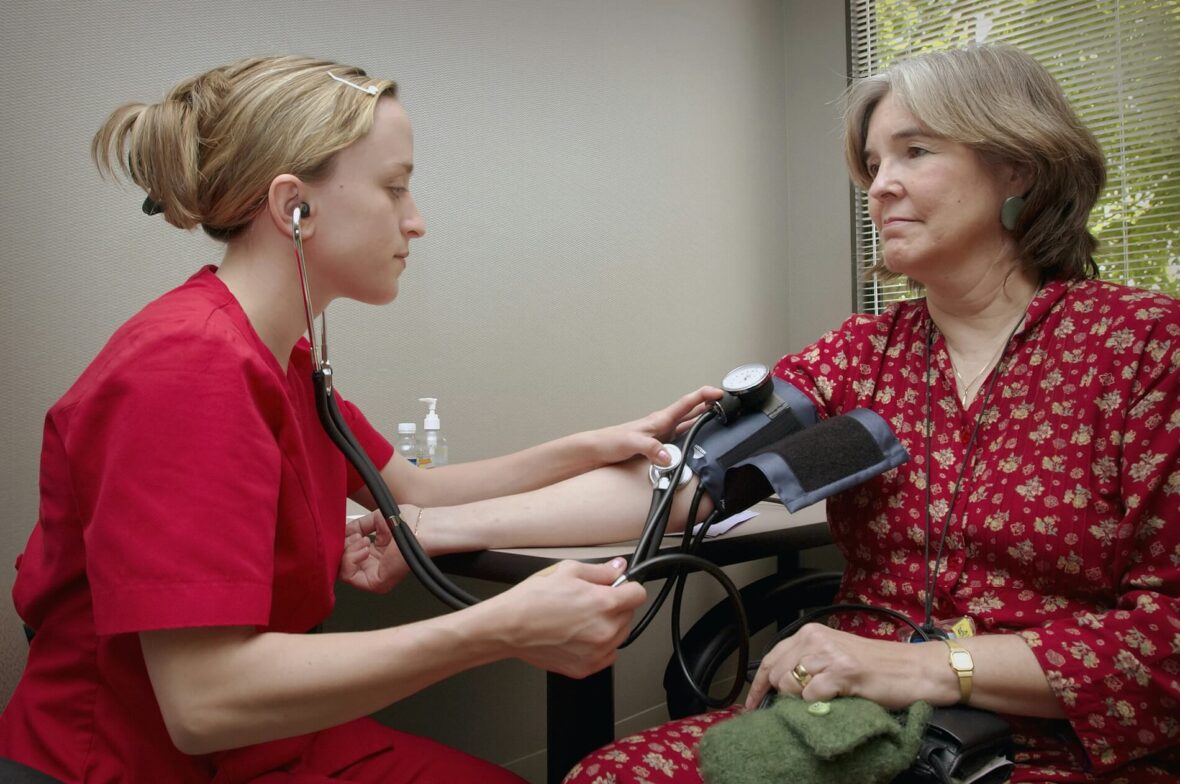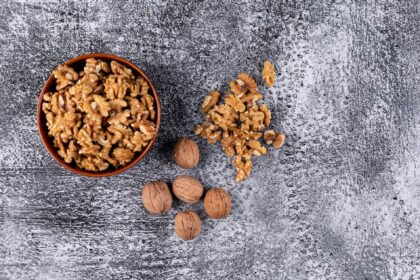Hypertension, commonly known as high blood pressure, is a prevalent health issue that affects millions of people worldwide. It is often referred to as the “silent killer” because it usually has no symptoms but can lead to severe health problems like heart disease, stroke, and kidney failure. While medication is often necessary for managing hypertension, there are several natural ways to help control it.
This blog will explore 8 natural ways Ease Hypertension Symptoms, things to avoid, risks and precautions, and important points to consider.
Overview:
Hypertension occurs when the force of the blood against the artery walls is too high. Blood pressure is measured in two numbers: systolic (when the heart beats) and diastolic (when the heart rests between beats). A normal blood pressure reading is around 120/80 mmHg. Hypertension is generally diagnosed when readings consistently exceed 140/90 mmHg.
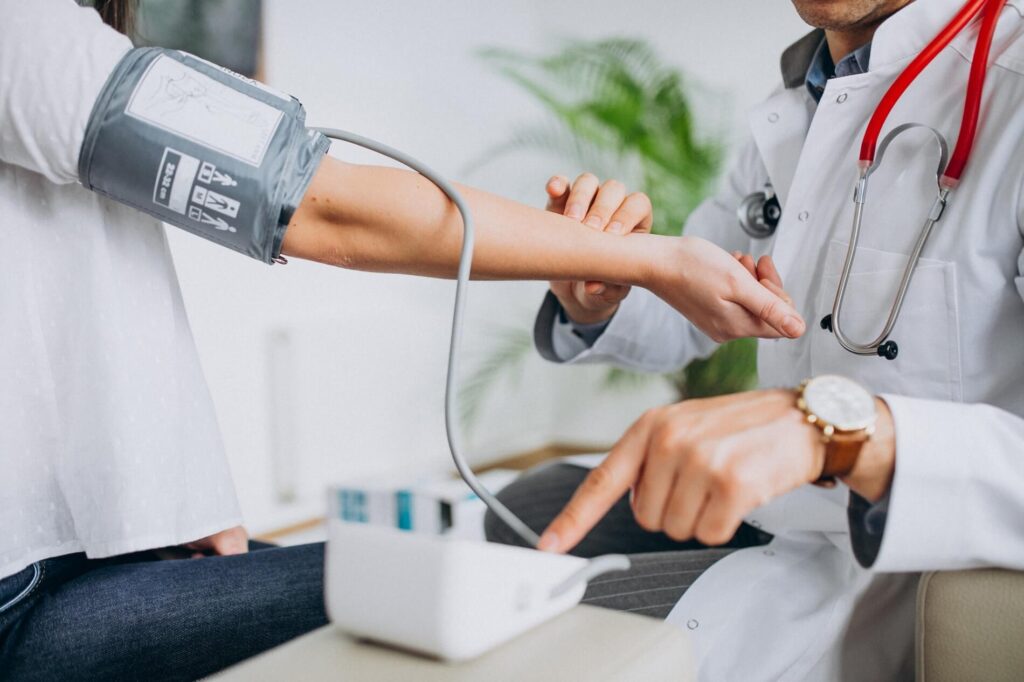
Causes of Hypertension:
- Genetics: Family history plays a significant role.
- Diet: High salt intake, fatty foods, and excessive alcohol can contribute.
- Lifestyle: Lack of physical activity, stress, and being overweight are common causes.
- Other Health Conditions: Diabetes, kidney disease, and certain hormonal disorders can lead to hypertension.
8 Natural Ways to Ease Hypertension Symptoms:
While medication is crucial for many, adopting a healthy lifestyle can help manage and even prevent high blood pressure. Here are some natural methods to consider:
1. Eat a Healthy Diet:
- Focus on Fruits and Vegetables: Incorporate plenty of fresh fruits and vegetables, which are rich in potassium and fiber. Potassium helps balance the amount of sodium in your cells and eases tension in your blood vessel walls. Excellent sources of potassium include bananas, oranges, spinach, sweet potatoes, and tomatoes.
- Choose Whole Grains: Whole grains like oats, brown rice, and quinoa are beneficial for heart health. These foods are rich in fiber, which can help reduce cholesterol levels and improve heart health.
- Lean Proteins: Include sources of lean protein such as fish, poultry, beans, and nuts. Fish, especially fatty fish like salmon and mackerel, contain omega-3 fatty acids, which are known to lower blood pressure.
- DASH Diet: Consider following the Dietary Approaches to Stop Hypertension (DASH) diet, which emphasizes fruits, vegetables, whole grains, and low-fat dairy products, and limits saturated fat and cholesterol.
- Reduce Salt Intake: Aim to consume less than 2,300 mg of sodium per day. Avoid processed foods high in salt, and use herbs and spices to flavor your meals instead of salt.
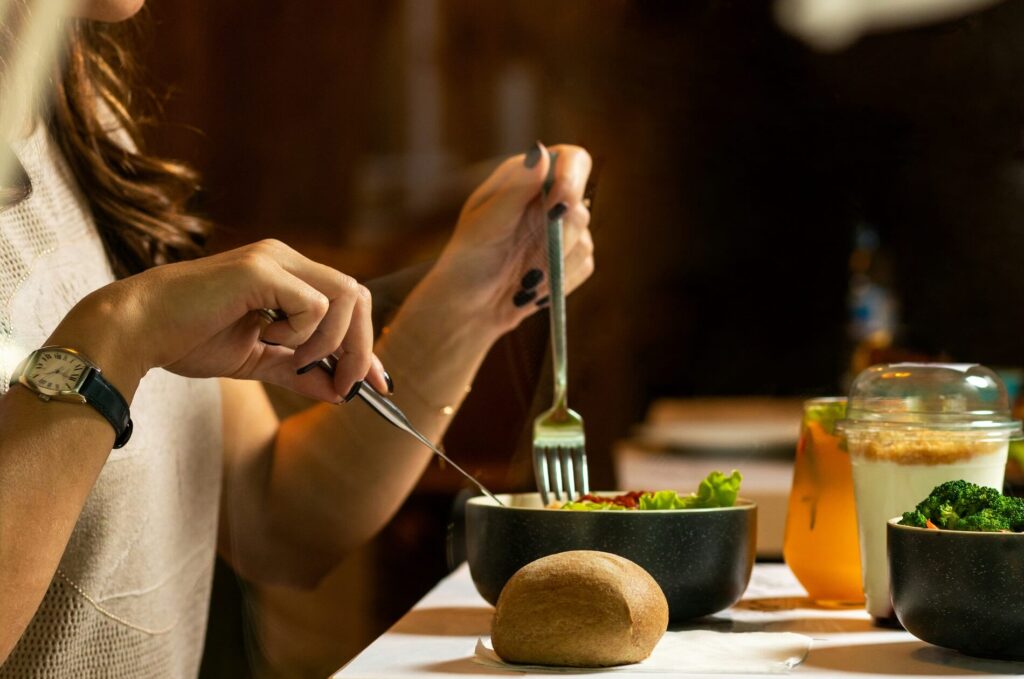
2. Maintain a Healthy Weight:
Being overweight increases your risk of hypertension. Even losing a small amount of weight can significantly reduce your blood pressure.
- Body Mass Index (BMI): Aim for a BMI between 18.5 and 24.9.
- Waist Measurement: Keep track of your waist measurement, as abdominal fat is a significant risk factor. Men should aim for a waist measurement less than 40 inches and women less than 35 inches.
- Balanced Diet and Exercise: Combine a balanced diet with regular exercise to achieve and maintain a healthy weight.
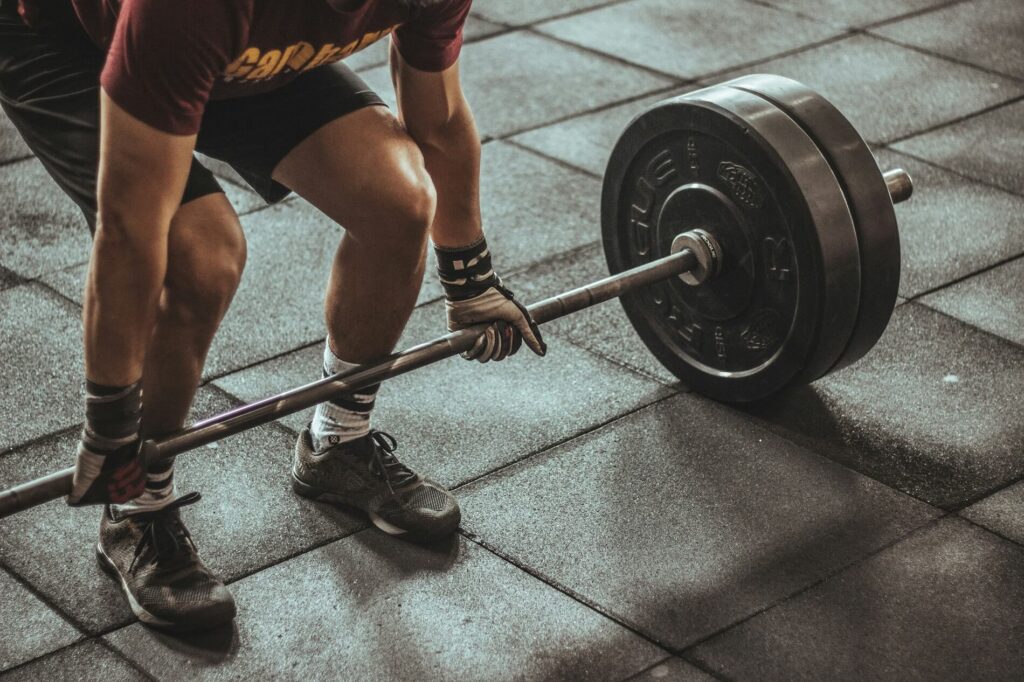
3. Exercise Regularly:
Regular physical activity helps lower blood pressure and maintain a healthy weight. Aim for at least 30 minutes of moderate exercise, such as brisk walking, cycling, or swimming, most days of the week.
- Aerobic Exercise: Activities like walking, jogging, cycling, swimming, or dancing are excellent for reducing blood pressure.
- Strength Training: Incorporate strength training exercises at least two days a week. Strength training helps build muscle, which can improve overall metabolic health and support weight management.
- Consistency: Regularity is key. Find activities you enjoy to help make exercise a permanent part of your routine.

4. Limit Alcohol Consumption:
Drinking too much alcohol can raise blood pressure. Men should limit alcohol to two drinks per day, and women to one drink per day.
- Moderation: Understand what counts as a standard drink (e.g., 12 ounces of beer, 5 ounces of wine, or 1.5 ounces of distilled spirits).
- Regular Monitoring: If you drink alcohol, keep track of your intake to ensure you stay within the recommended limits.

5. Reduce Stress:
Chronic stress can contribute to hypertension. Practice stress-reducing techniques such as:
- Mindfulness and Meditation: Techniques like deep breathing, yoga, and meditation can help calm the mind. Mindfulness involves focusing on the present moment and can be practiced through various activities, including mindful eating or walking.
- Regular Breaks and Relaxation: Ensure you take regular breaks from work and engage in hobbies or activities you enjoy.
- Time Management: Effective time management can reduce stress by helping you prioritize tasks and avoid feeling overwhelmed.

6. Quit Smoking:
Smoking increases blood pressure and damages the walls of your arteries. Quitting smoking can improve your overall heart health and lower your blood pressure.
- Support Systems: Seek support through programs, counseling, or support groups.
- Nicotine Replacement Therapy: Consider using nicotine patches, gum, or lozenges to help manage withdrawal symptoms.
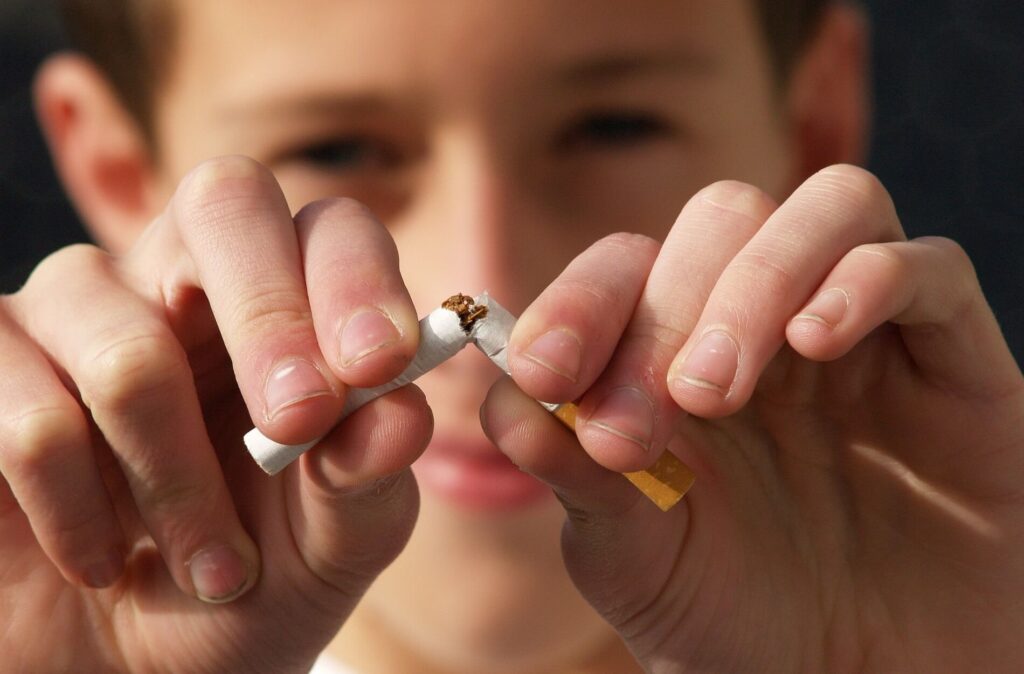
7. Monitor Your Blood Pressure:
Regularly checking your blood pressure at home can help you keep track of your progress and ensure that your lifestyle changes are effective.
- Home Blood Pressure Monitors: Use a home blood pressure monitor to check your blood pressure regularly.
- Keep Records: Maintain a record of your readings to share with your healthcare provider.
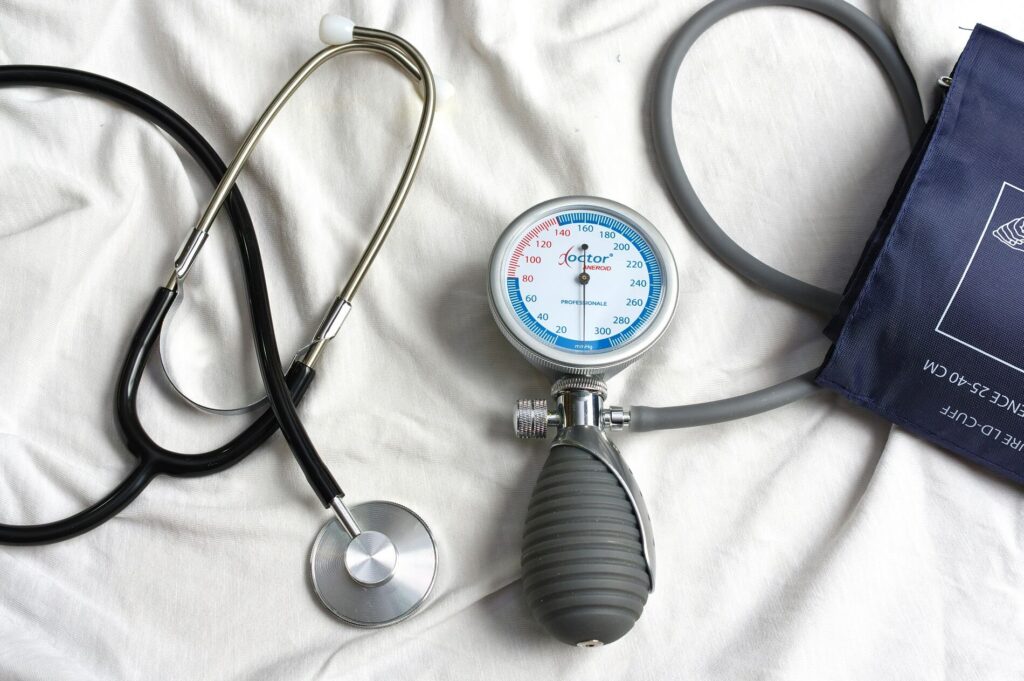
8. Herbal Supplements:
Some herbal supplements may help lower blood pressure. However, always consult with your healthcare provider before starting any new supplement.
- Garlic: Known for its potential to lower blood pressure.
- Hibiscus: Hibiscus tea has been shown to have blood pressure-lowering properties.
- Omega-3 Fatty Acids: Found in fish oil supplements, omega-3s can reduce blood pressure and improve heart health.
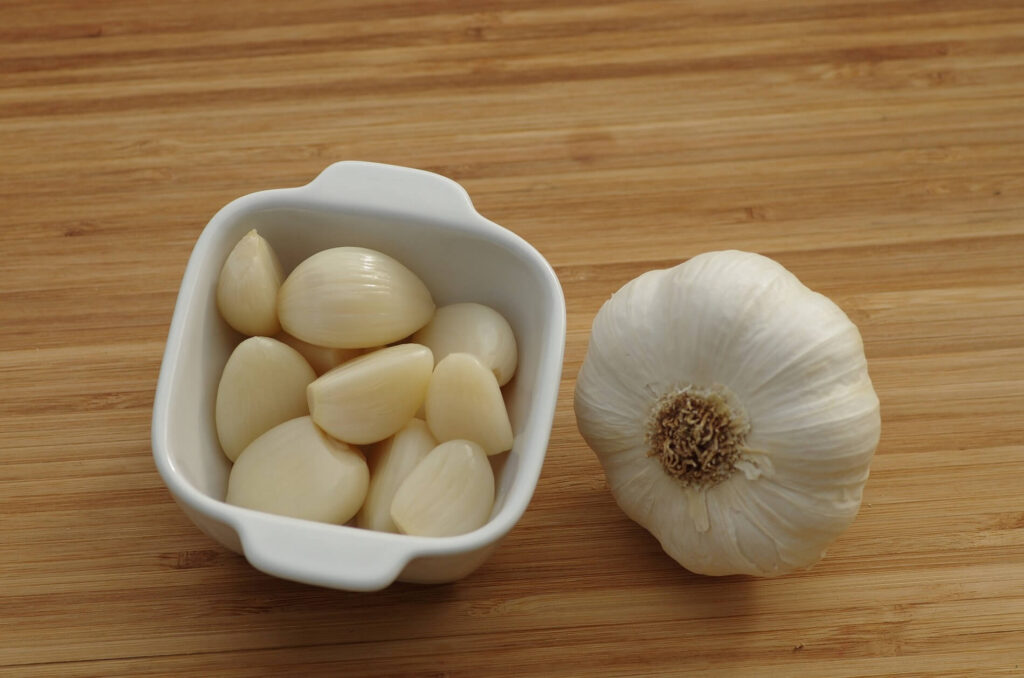
Things to Avoid:
Certain habits and substances can exacerbate hypertension. Here are some things to avoid:
- High Salt Foods: Processed foods, fast food, and snacks like chips and pretzels are often high in salt.
- Excessive Caffeine: While moderate coffee consumption is generally safe, excessive caffeine intake can raise blood pressure temporarily.
- Sugary Beverages: Soda, energy drinks, and fruit juices with added sugar can contribute to weight gain and increased blood pressure.
- Stressful Situations: Try to avoid unnecessary stress and practice relaxation techniques.
Risks and Precautions:
While natural methods can help manage hypertension, they are not a substitute for professional medical advice and treatment. Here are some risks and precautions to keep in mind:
- Consult Your Doctor: Always consult with your healthcare provider before making significant lifestyle changes, especially if you are on medication for hypertension.
- Monitor for Side Effects: Be aware of how your body responds to changes in diet, exercise, and other habits. If you experience any adverse effects, seek medical advice.
- Balance: While natural methods are beneficial, they should complement, not replace, prescribed treatments.
Points to Consider:
When managing hypertension naturally, consider the following points:
- Consistency is Key: Lifestyle changes take time to show results. Be patient and consistent with your efforts.
- Holistic Approach: Combining diet, exercise, stress management, and other natural methods provides the best results.
- Regular Check-Ups: Regular medical check-ups are essential to monitor your blood pressure and overall health.
Conclusion:
Hypertension is a serious condition that requires attention and care. While medication is often necessary, incorporating natural methods can significantly improve your blood pressure and overall health. Eating a healthy diet, exercising regularly, maintaining a healthy weight, limiting alcohol, reducing stress, and quitting smoking are all effective strategies for managing hypertension naturally.
However, always consult with your healthcare provider before making any significant changes, and remember that consistency and a holistic approach are crucial for long-term success. By taking these steps, you can take control of your health and reduce the risks associated with hypertension.
FAQ
1. What are the best foods to lower blood pressure naturally?
Answer: Some of the best foods to lower blood pressure naturally include:
- Leafy Greens: Spinach, kale, and arugula are high in potassium, which helps the kidneys get rid of more sodium through your urine. This, in turn, lowers blood pressure.
- Berries: Blueberries, strawberries, and raspberries are rich in flavonoids, which can help prevent hypertension and lower blood pressure.
- Oats: High in fiber and whole grains, oats can help reduce both systolic and diastolic blood pressure.
- Bananas: These are a great source of potassium, which helps balance sodium levels and maintain healthy blood pressure.
- Beets: Rich in nitric oxide, beets help open blood vessels and lower blood pressure.
- Garlic: Contains allicin, which has been shown to help reduce blood pressure.
- Fatty Fish: Salmon, mackerel, and other fatty fish are high in omega-3 fatty acids, which can reduce inflammation and lower blood pressure.
2. How does exercise help in reducing high blood pressure?
Answer: Exercise helps reduce high blood pressure in several ways:
- Strengthens the Heart: Regular physical activity strengthens the heart, enabling it to pump blood more efficiently, which lowers the pressure on your arteries.
- Reduces Stress: Exercise releases endorphins, which help reduce stress levels. Lower stress can lead to lower blood pressure.
- Weight Management: Exercise helps maintain a healthy weight. Being overweight is a risk factor for hypertension, so weight loss can significantly reduce blood pressure.
- Improves Blood Flow: Physical activity improves blood circulation and helps blood vessels maintain their elasticity, which is essential for normal blood pressure.
3. What natural remedies can help lower blood pressure?
Answer: Several natural remedies can help lower blood pressure:
- Garlic: Consuming fresh garlic or garlic supplements can help reduce blood pressure.
- Hibiscus Tea: Drinking hibiscus tea has been shown to lower blood pressure.
- Omega-3 Supplements: Fish oil supplements containing omega-3 fatty acids can reduce blood pressure.
- Coconut Water: Rich in potassium and magnesium, coconut water can help lower blood pressure.
- Coenzyme Q10 (CoQ10): A supplement that can improve heart health and reduce blood pressure.
4. How can stress management techniques help with hypertension?
Answer: Stress management techniques can help with hypertension by:
- Reducing Stress Hormones: Practices like meditation, yoga, and deep breathing exercises reduce the production of stress hormones that can cause blood vessels to constrict and blood pressure to rise.
- Promoting Relaxation: Techniques like progressive muscle relaxation and guided imagery can help relax the body and mind, lowering blood pressure.
- Improving Sleep: Better stress management can lead to improved sleep quality, which is essential for maintaining healthy blood pressure levels.
- Enhancing Emotional Well-being: Reducing stress can improve overall emotional well-being, which positively impacts heart health.
5. What herbal supplements are effective for lowering blood pressure?
Answer: Several herbal supplements have been shown to help lower blood pressure:
- Garlic Extract: Known for its blood pressure-lowering effects.
- Hibiscus: Consuming hibiscus tea can help lower blood pressure.
- Omega-3 Fatty Acids: Found in fish oil supplements, these can reduce blood pressure and improve heart health.
- Hawthorn: Often used in traditional medicine, hawthorn may help lower blood pressure.
- Coenzyme Q10 (CoQ10): An antioxidant that supports heart health and can reduce blood pressure.
6. What are some low-sodium diet tips for hypertension?
Answer: To follow a low-sodium diet for hypertension, consider these tips:
- Read Labels: Check food labels for sodium content and choose low-sodium options.
- Cook at Home: Preparing meals at home allows you to control the amount of salt in your food.
- Use Herbs and Spices: Flavor your food with herbs, spices, and lemon juice instead of salt.
- Avoid Processed Foods: Processed and packaged foods are often high in sodium. Choose fresh, whole foods instead.
- Rinse Canned Foods: If you use canned vegetables or beans, rinse them under water to reduce their sodium content.
7. What is the DASH diet and how does it help with hypertension?
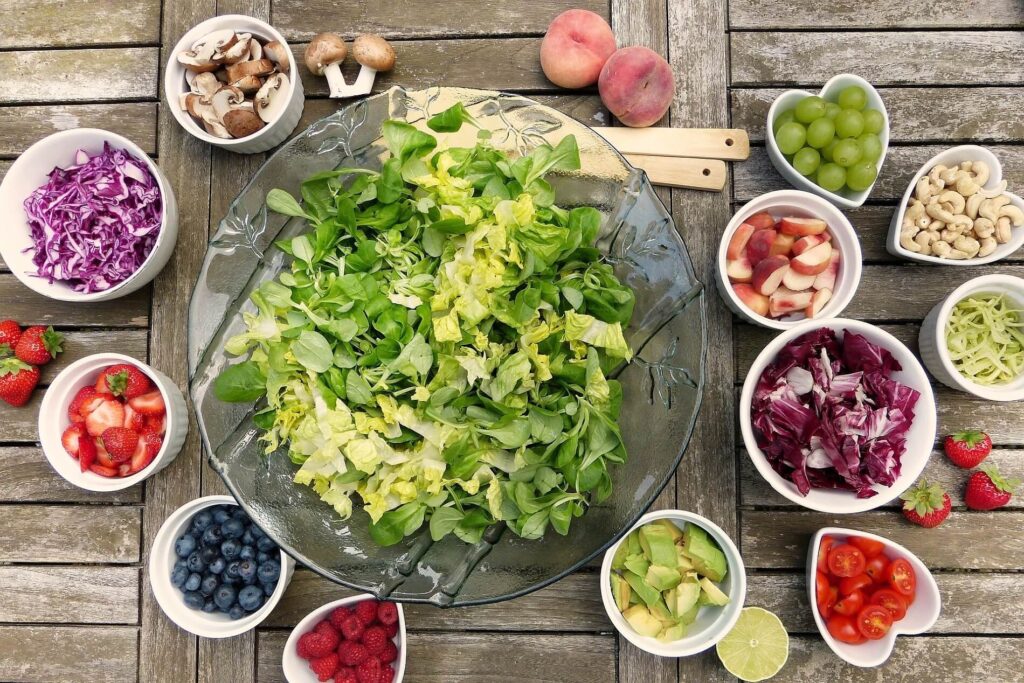
Answer: The DASH (Dietary Approaches to Stop Hypertension) diet is a dietary plan specifically designed to help lower blood pressure. It focuses on:
- Fruits and Vegetables: Eating plenty of fruits and vegetables which are high in potassium, fiber, and other nutrients that help lower blood pressure.
- Whole Grains: Choosing whole grains like oats, brown rice, and whole wheat over refined grains.
- Lean Proteins: Including lean meats, fish, poultry, and plant-based proteins like beans and nuts.
- Low-Fat Dairy: Consuming low-fat or fat-free dairy products.
- Reducing Sodium: Limiting sodium intake to 2,300 mg per day, with a lower target of 1,500 mg for greater benefits.
- Healthy Fats: Focusing on healthy fats from sources like olive oil, avocados, and nuts while reducing saturated and trans fats.
The DASH diet helps reduce blood pressure by providing a balanced intake of nutrients that support heart health and by reducing sodium, which can help prevent the retention of excess fluid in the body.
Reference Used:
https://www.medicalnewstoday.com/articles/318716
https://www.healthline.com/health/high-blood-pressure-home-remedies
https://zoe.com/learn/natural-ways-to-lower-your-blood-pressure
https://health.clevelandclinic.org/6-natural-ways-to-lower-blood-pressure


